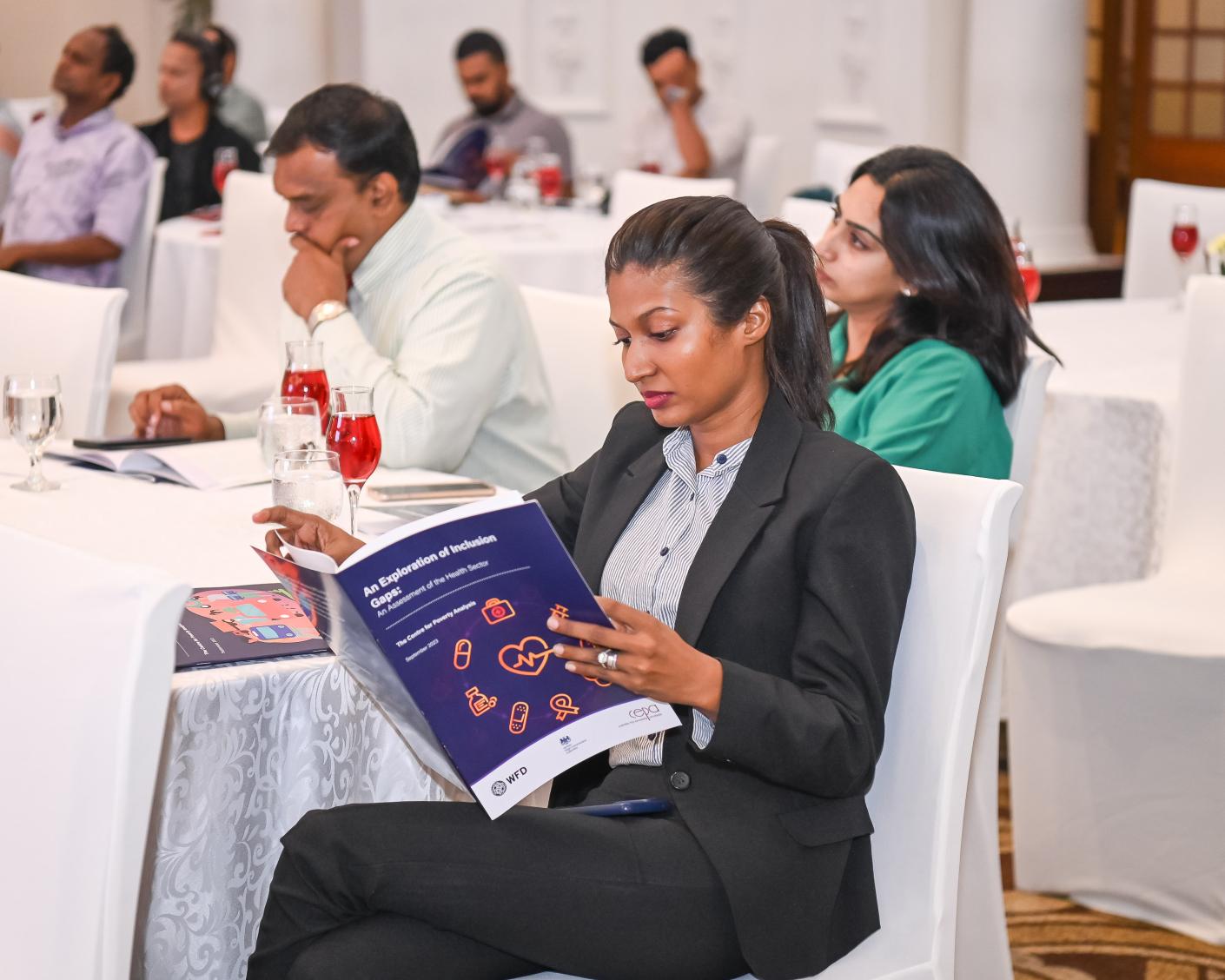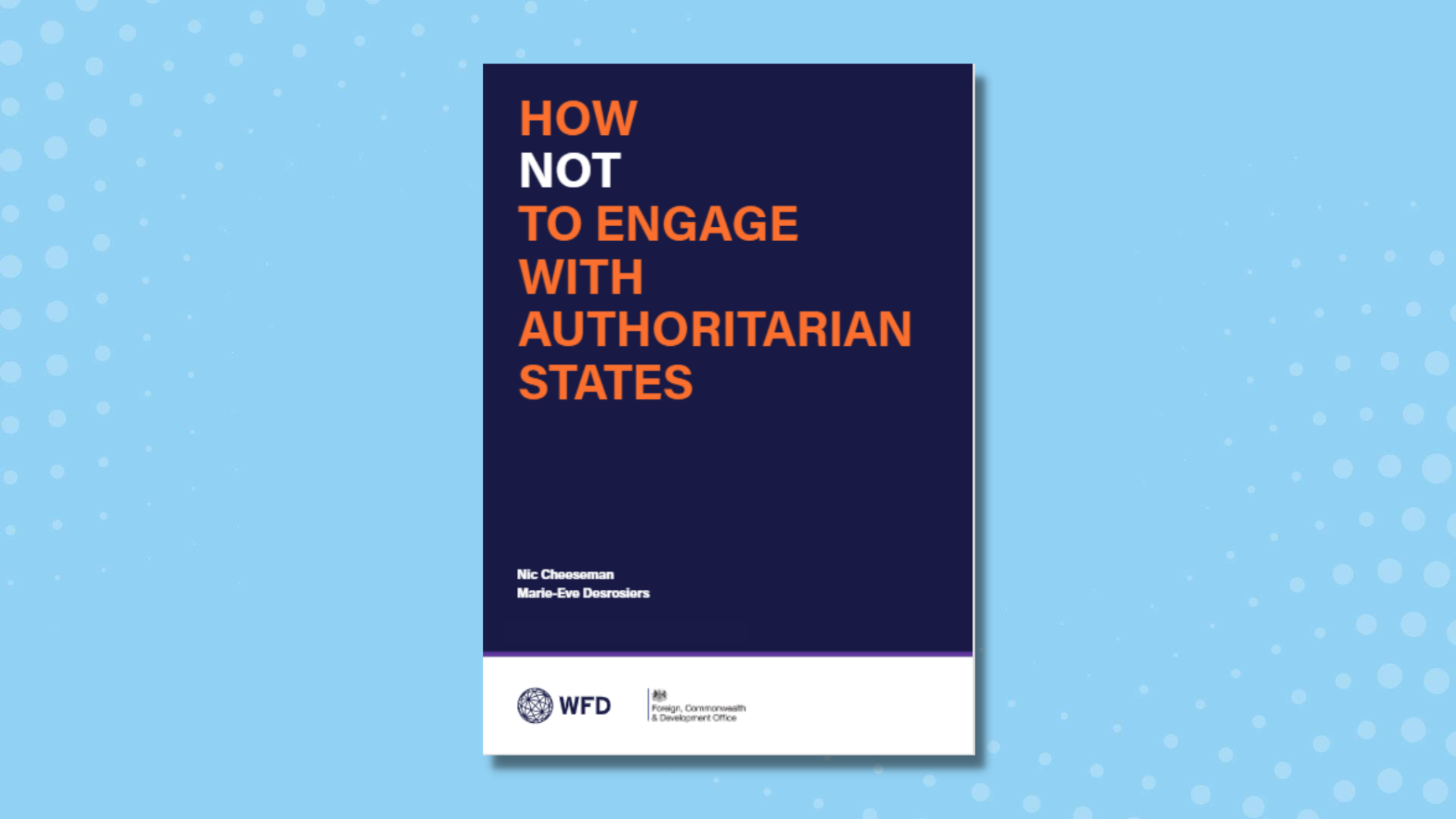Resources
WFD produces research that aims to build an evidence base for and improve the quality of democracy assistance. We also generate policy that contributes new tools for democracy support, as well as guides for parliaments, civil society and democracy support practitioners.











